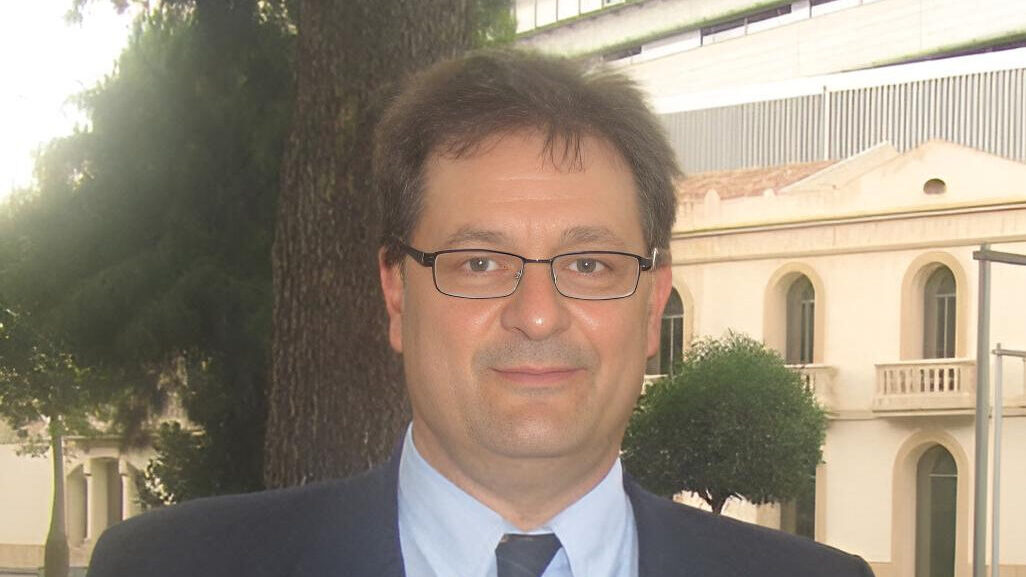Miguel Bronchud, Co-Founder of Regenerative Medicine Solutions, shared on LinkedIn:
“2024- ESMO of course recommends performing tumour NGS to detect tumour-agnostic alterations in patients with metastatic cancers where access to matched therapies is available.
With 2020 recommendations, ESMO recommended running tumour NGS in advanced non-squamous non-small-cell lung cancer, prostate cancer, colorectal cancer, cholangiocarcinoma, and ovarian cancer.
Moreover, it is recommended to carry out tumour NGS in clinical research centres and under specific circumstances discussed with patients.
In this updated report, the consensus within the group has led to an expansion of the recommendations to encompass patients with advanced breast cancer and rare tumours such as gastrointestinal stromal tumours, sarcoma, thyroid cancer, and cancer of unknown primary.
Finally, ESMO recommends carrying out tumour NGS to detect tumour-agnostic alterations in patients with metastatic cancers where access to matched therapies is available.
ESMO expands tumour NGS recommendation to advanced breast cancer, GIST, sarcoma, thyroid cancer, and cancer of unknown primary.
ESMO recommends tumour NGS for detecting tumour-agnostic alterations where matched therapies are accessible.
Tumour NGS should be done in clinical research centres and may be discussed under specific circumstances with patients.
Advancements in the field of precision medicine have prompted the European Society for Medical Oncology (ESMO) Precision Medicine Working Group to update the recommendations for the use of tumour next-generation sequencing (NGS) for patients with advanced cancers in routine practice.
Although costs of NGS have decreased significantly in the past decade, the fact that hospital budgets (both public and private) are already rather ‘stretched’ and that the same ‘financial cake’ needs to be shared among several different health care services and specialists does pose a significant challenge- to the extent that healthcare providers might welcome support or cost sharing formulas from pharmaceutical companies and biotech.
Only by sharing costs and fair practices will NGS fulfill its full potential. This also means organizing intelligent and cost effective networks and logistics to carry out testing and providing results in time to deliver maximum benefits to patients.”

Additional information.
Source: Miguel Bronchud/LinkedIn


